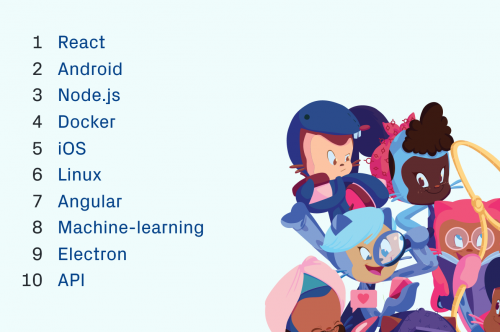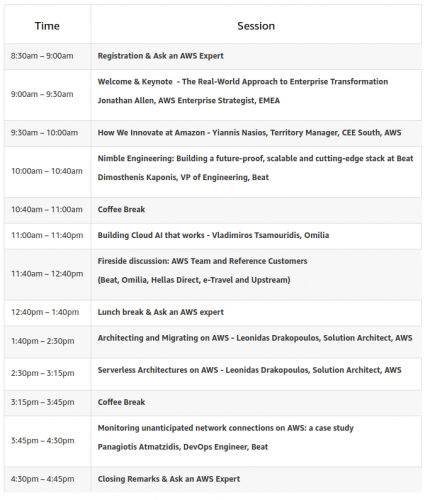
GitHub is celebrating a very important milestone – they are now hosting 100,000,00 repositories. This is truly a remarkable achievement! Congratulations!
And while many of these are private, the majority, no doubt, are the Open Source projects. GitHub is indeed a cozy home for the Open Source Software, and the world wouldn’t be the same without GitHub.
Read their blog post for some cool statistics. Here are a few numbers to get you going:
- 100,000,000 repositories (obviously)
- 31,000,000 developers
- 1.1 billion (enough with the zeros already) contributions
- Founded in 2008 (10 years ago), raking up mere 33,000 repositories that year (who could have known?)
- Nearly one third of all repositories was created during the last year (insane growth)
- On average, 1.6 new repositories created every second
Knowing these numbers, and working with GitHub on a daily basis, it’s difficult to imagine how crazy are all the usual metrics (daily/monthly active users, visitors, page views, etc.).
I’m raising a pint to the next 10 years and many repositories. And really hoping their recent acquisition by Microsoft is going to help, rather than the usual.


